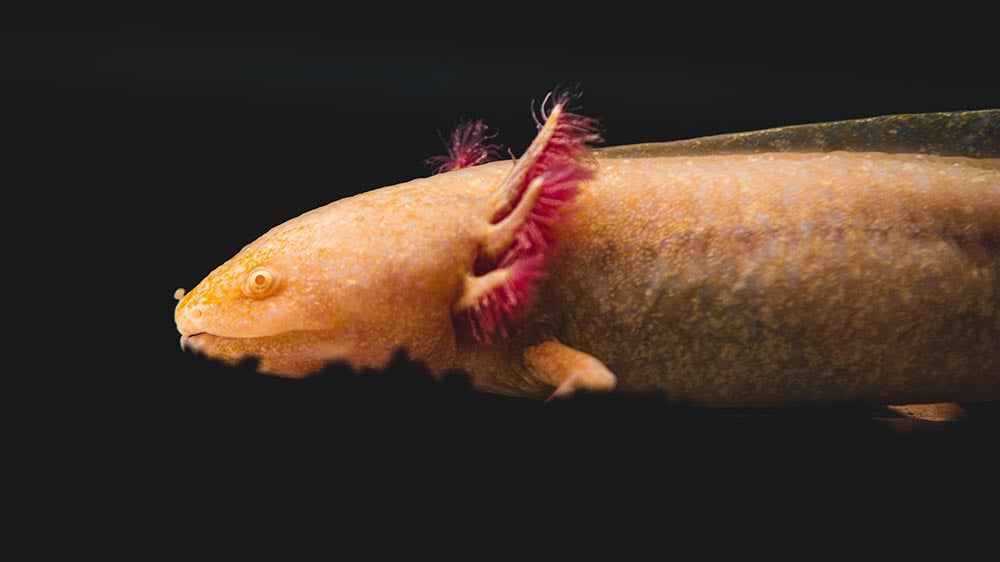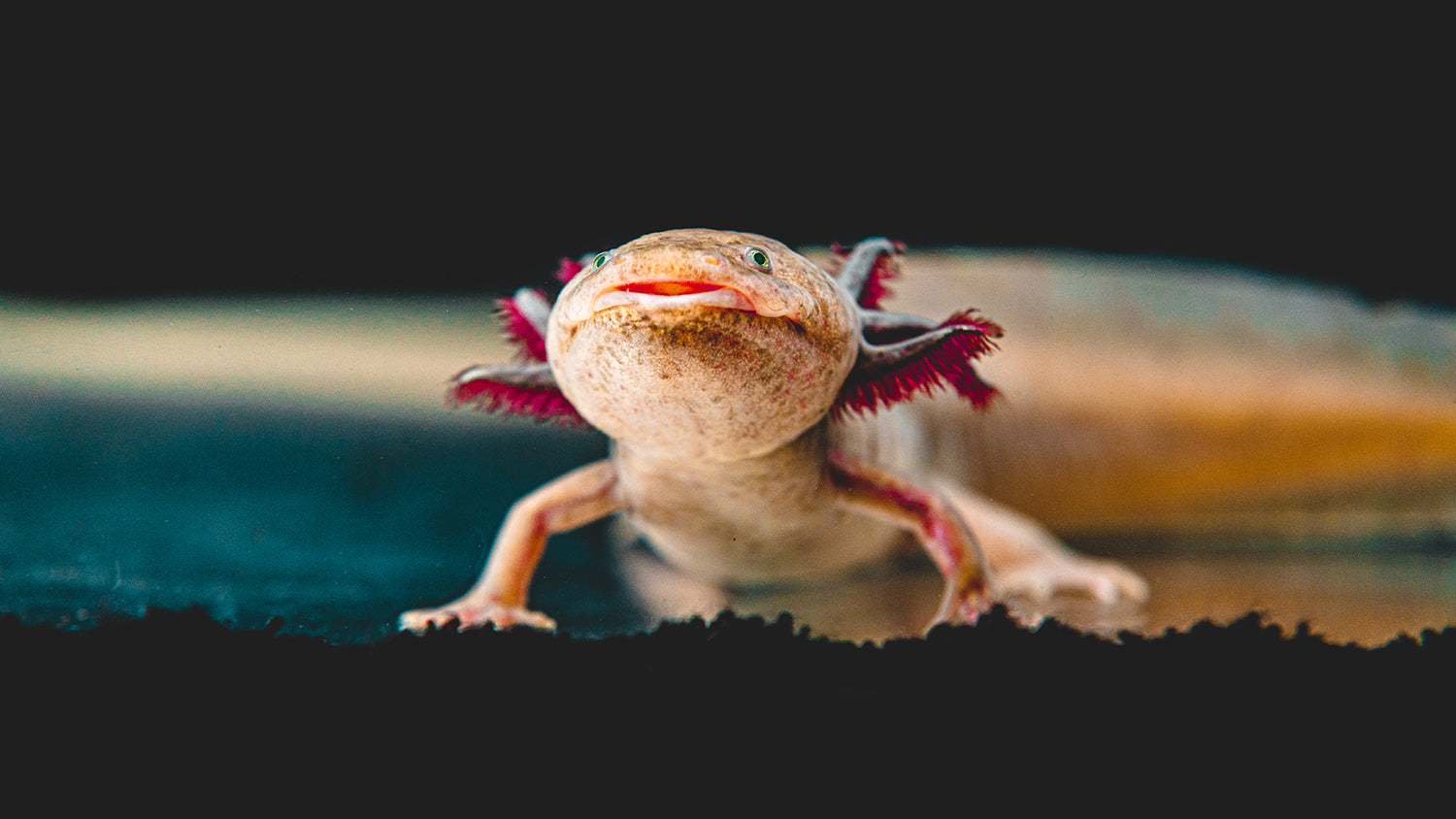The axolotl, a unique salamander native to Mexico, is not just a curiosity in the world of amphibians but also a subject of immense scientific interest. This is primarily due to its astounding ability to regenerate body parts, a trait that holds significant promise for advancements in science, particularly in regenerative medicine. This blog post explores why the axolotl's regenerative abilities are so valuable to scientific research.
Unparalleled Regenerative Abilities
Complete Regeneration
What sets the axolotl apart from most other organisms is its ability to completely regenerate complex body parts. This includes limbs, the tail, parts of the heart, and even portions of its brain and spinal cord. Unlike humans, who can only heal wounds or regenerate limited tissue types, axolotls can rebuild entire structures functionally and cosmetically.
Cellular and Genetic Mechanisms
The axolotl's regeneration process involves several steps, starting with the formation of a blastema, a mass of cells capable of growth and regeneration. These cells then differentiate into the various cell types needed to reconstruct the lost body part. Understanding the genetic and cellular mechanisms behind this process is a key focus of current research.
Why Is This Valuable for Science?
Insights into Human Regenerative Medicine
Studying axolotl regeneration can offer crucial insights into human regenerative medicine. The underlying principles of tissue regeneration in axolotls could potentially be applied to develop new treatments for repairing or regenerating damaged human tissues and organs.
Understanding Genetic Factors
The axolotl's genome holds clues about the genes involved in regeneration. By studying these genes and their functions, scientists can gain a deeper understanding of the genetic basis of regeneration, which could lead to genetic therapies for humans.
Cancer Research
Interestingly, despite their high regenerative abilities, axolotls exhibit a low incidence of cancer. Understanding why can shed light on cancer development and prevention in humans, offering another important reason why axolotl research is so valuable.
Conservation and Ethical Considerations
While the scientific value of axolotl research is undeniable, it's important to consider the ethical and conservation aspects. Axolotls are critically endangered in their natural habitat, and their conservation is essential. Ethical research practices that respect the species and focus on sustainable laboratory breeding are crucial.
Conclusion
The axolotl's extraordinary ability to regenerate body parts is not just a natural wonder but a goldmine of scientific potential. Research into this remarkable trait promises to revolutionize our understanding of healing and tissue regeneration, with far-reaching implications for medicine, genetics, and even cancer research. The axolotl is not just an amphibian; it's a beacon of hope for scientific breakthroughs that could greatly benefit humanity.
@axolotlplanet Mission failed successfully 🥲 #axolotlplanet #axolotl #axolotls #axolotlsoftiktok #fishtank #aquarium #fishtok #fishcontent ♬ original sound - Matthew Rincon




Leave a comment
This site is protected by hCaptcha and the hCaptcha Privacy Policy and Terms of Service apply.